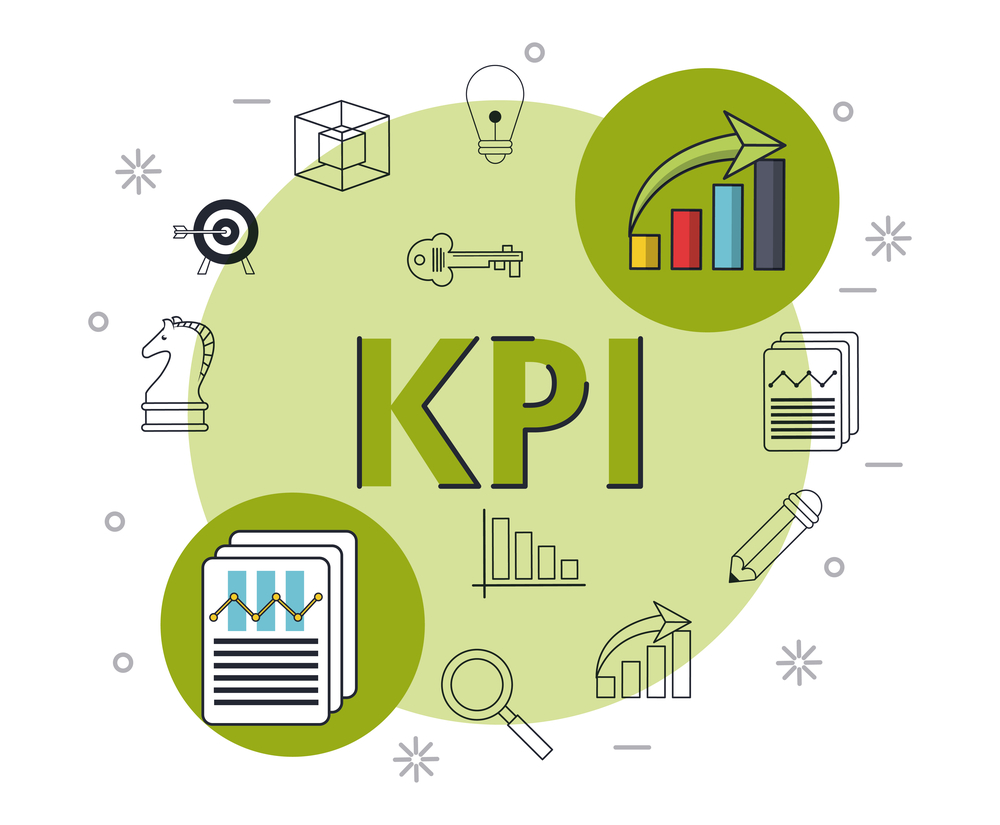
In the world of event planning, understanding and tracking the right Key Performance Indicators (KPIs) is crucial. These metrics provide valuable insights into the success of your events and help you make informed decisions for future gatherings. Let’s explore the key event KPIs that will enable you to measure and elevate your event planning efforts.
Attendance and Registration Rate
The number of attendees and the registration rate are fundamental KPIs for any event. They reveal the overall interest in your event and whether your marketing efforts are effective. By tracking attendance and registration rates, you can adjust your promotion strategies and tailor your event to the preferences of your target audience.
Engagement Metrics
Engagement metrics such as session attendance, session duration, and interaction with event content are vital KPIs. They reflect the level of interest and engagement among attendees. High engagement indicates that your event content and activities resonate with your audience, while low engagement may signal the need for improvements.
ROI And Revenue Generation
Measuring the Return on Investment (ROI) and revenue generated from your event is essential. These KPIs determine whether your event is financially successful. Calculate the costs of planning and hosting the event, including venue fees, catering, marketing expenses, and more. Compare this with the revenue generated through ticket sales, sponsorships, merchandise, and other sources to assess your event’s financial performance.
Feedback and Satisfaction
Collecting feedback and measuring attendee satisfaction are invaluable KPIs for event planning. Surveys and post-event evaluations can provide insights into what attendees liked or disliked about the event. Use this feedback to make necessary adjustments and improvements for future events, ensuring a better experience for your audience.
Social Media Reach and Impact
In today’s digital age, social media plays a significant role in event promotion and engagement. Monitoring KPIs related to social media, such as the number of mentions, shares, likes, comments, and followers gained or lost, can help gauge the impact of your event on social platforms. A strong social media presence can lead to increased event visibility and future attendance.
Lead Generation
For businesses and organizations, lead generation is a critical KPI. Measure the number of leads generated during and after the event. This includes potential customers, clients, or partners who express interest in your products or services. Effective lead generation at events can contribute to business growth.
Networking Opportunities
Events provide valuable networking opportunities. Measure the number of connections made, partnerships established, and potential collaborations discussed during the event. Effective networking can lead to long-lasting professional relationships and future opportunities.
Content Performance
Evaluate the performance of event content, such as presentations, workshops, and panel discussions. Monitor metrics like the number of downloads, shares, or views for event-related content. This indicates the level of interest and the impact of the educational or informative content provided at your event.
Measuring event KPIs is essential for event organizers. By tracking attendance and registration rates, engagement metrics, ROI and revenue generation, feedback and satisfaction, social media reach and impact, conversion rate, lead generation, networking opportunities, and content performance, you can evaluate the success of your events comprehensively. These KPIs enable you to refine your event planning strategies and create memorable experiences for your attendees.
